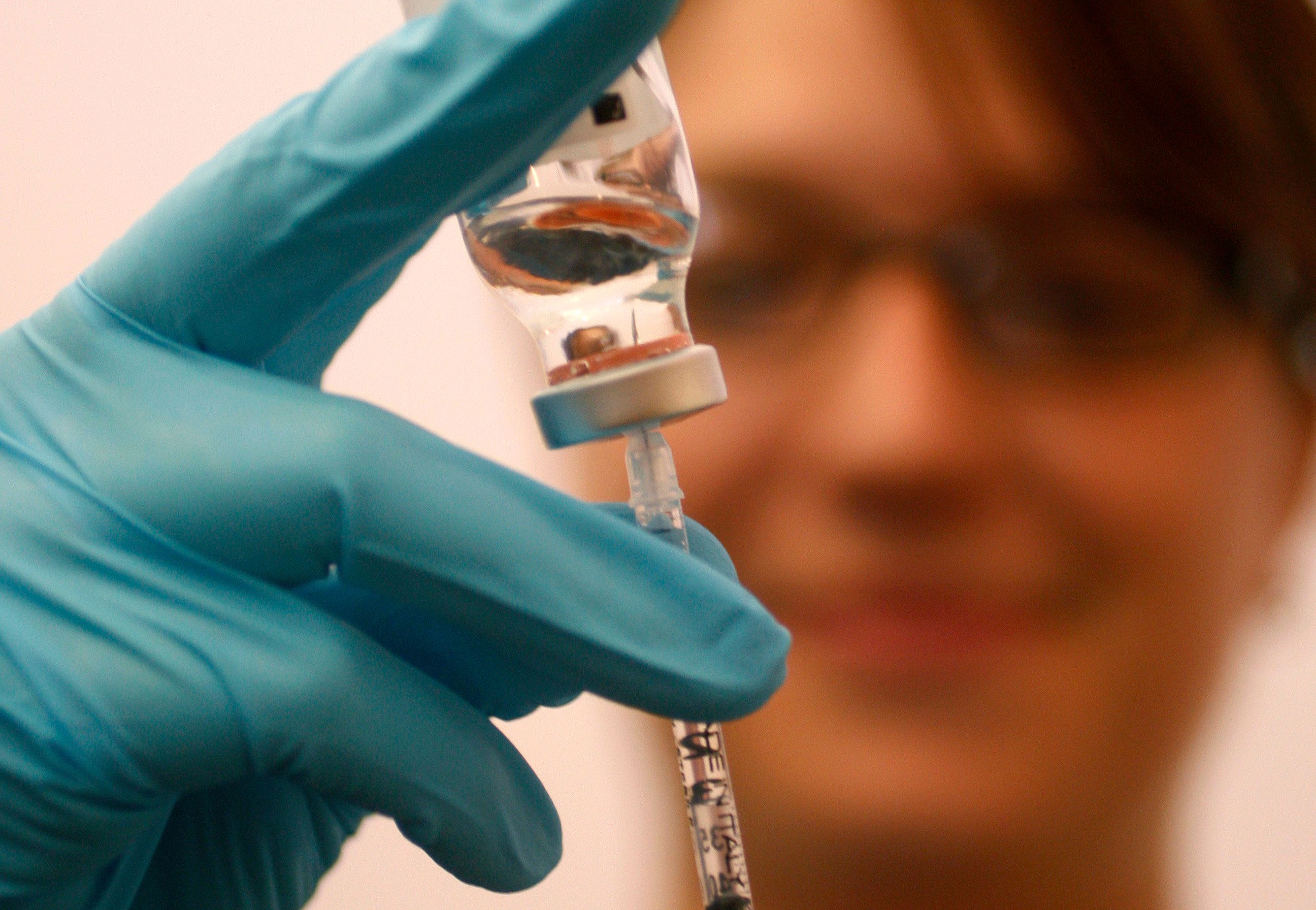Hard Numbers: Promising vaccine, Romanian waste in Malaysia, Zimbabwe lockdown arrests, Cuban dollar stores
1,077: An experimental coronavirus vaccine jointly developed by AstraZeneca and Oxford University is showing promising results after early trials on 1,077 human patients. The UK, one of several countries involved in the global race to find a vaccine for COVID-19, has already ordered 90 million doses.
110: Malaysia discovered 110 containers of hazardous metal waste from Romania bound for Indonesia, the country's largest-ever seizure. Both Indonesia and Malaysia have (unwittingly) become two of the world's main dumping grounds for waste from other nations, after China banned all imports of scrap metals in 2017.
100,000: More than 100,000 people have been arrested in Zimbabwe for violating pandemic-related lockdown rules since March. Activists say the government is manipulating the crisis to put its critics behind bars, and have called for nationwide protests to demand the resignation of President Emmerson Mnangagwa.
62: The Cuban government is allowing 62 stores across the island to sell food and hygiene products in US dollars, as the socialist regime needs hard currency to offset major losses from the tourism industry due to the coronavirus pandemic. The last time Cuba opened US dollar stores was following the collapse of the Soviet Union in the early 1990s.
